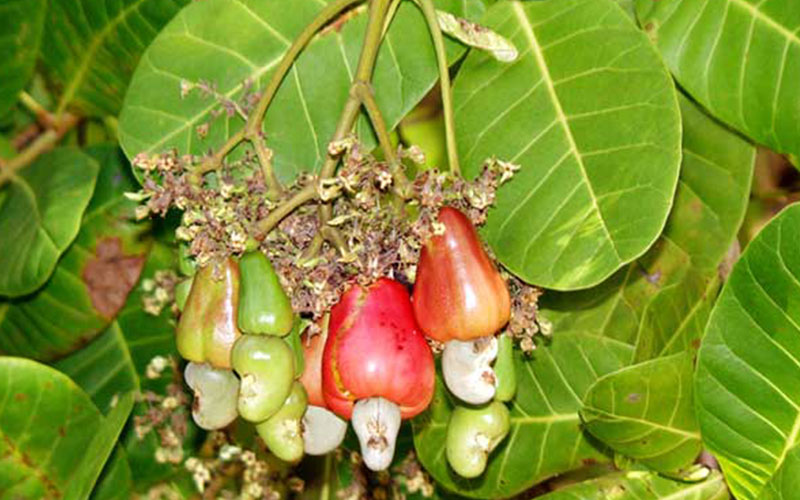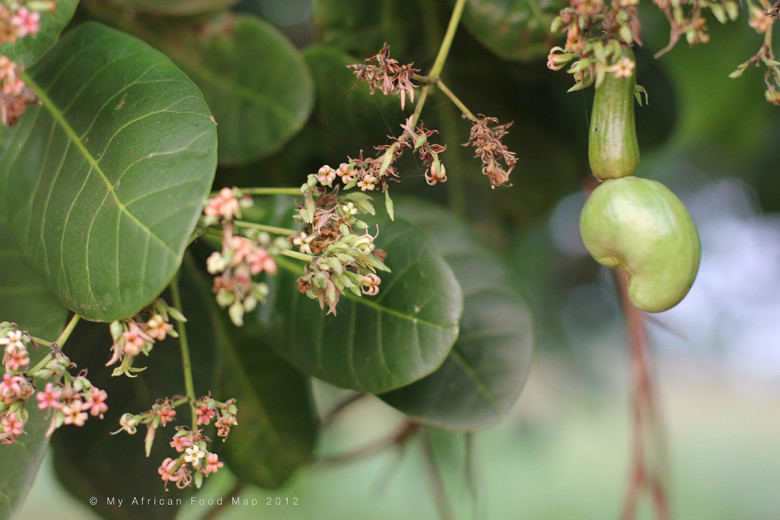
The TCDA is now the regulatory institution for cashew and five other tree crops. The passing of the Tree Crops Development Authority (TCDA) bill into law (Act 1010) in December 2019 and the subsequent inauguration of the Board of the TCDA in September 2020, is therefore one of the greatest things to happen to the cashew sector in Ghana. This also resulted in illegal activities like the smuggling of nuts to and fro neighbouring countries and gave way for unauthorised buyers and exporters to buy directly at the farm gate at lower prices and without allowing proper drying to be done by farmers.Īll these contributed to the price volatility of cashew and resulted in the low level of local processing in Ghana. The lack of proper coordination among the various actor associations meant that these associations sometimes pushed the interests of their members and not the sector in its entirety. Unlike the cocoa sector and cashew sectors in other African countries like Cote d’Ivoire, the cashew sector in Ghana, for many years, was without a regulatory institution.Įven though there had been several actor associations like the Ghana Cashew Traders and Exporters Association, farmer associations and as recent as 2016, the Association of Cashew Processors Ghana (ACPG), the sector still lacked proper organisation and adequate supply chain linkage. The level of price volatility of cashew in Ghana over the years is large because the sector has not in the past been properly organized and regulated. Price volatility of cashew makes it difficult for actors of the sector, especially local processors, to effectively plan their operations for the year and this does not only affect these actors, but also the growth of the entire cashew sector. However, this could sometimes fall as low as 2 cedis per kilo, which mostly comes as a big challenge to farmers, most of who depend on cashew as their main source of income, especially during the hunger months of January and February.

RCNs are normally sold in Ghana around 4 cedis and 5 cedis per kilo. Some several companies and individuals buy and export RCNs.Ĭashew pricing has, however, been a major issue of contention among farmers, buyers, and processors in Ghana.

There are about 14 cashew processing factories in Ghana, which transform RCNs into finished and semi-finished products both for local consumption and export. According to data from the Bank of Ghana, the country earned 128.70 million dollars from cashew nuts exports in the first quarter of 2021.Ĭashews are produced in Ghana mainly in the Bono, Bono East, Ahafo, Savana, and some parts of the Volta and Northern regions. With an estimated annual production of between 110, 000 and 130, 000 tons of raw cashew nuts (RCNs), about 85% of which are exported, cashew has for the past five years been one of the top non-traditional export commodities in Ghana.

The African Cashew Alliance (ACA) estimates that over 800, 000 people are directly and indirectly employed across the cashew supply chain, including farmers, factory workers, buyers, and exporters of the commodity in Ghana.

The sector has grown into one that contributes significantly to economic growth, particularly in job creation and poverty reduction. The cashew sector is increasingly becoming one of the most important agricultural sectors in Ghana.


 0 kommentar(er)
0 kommentar(er)
